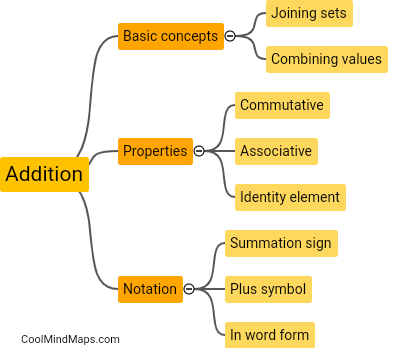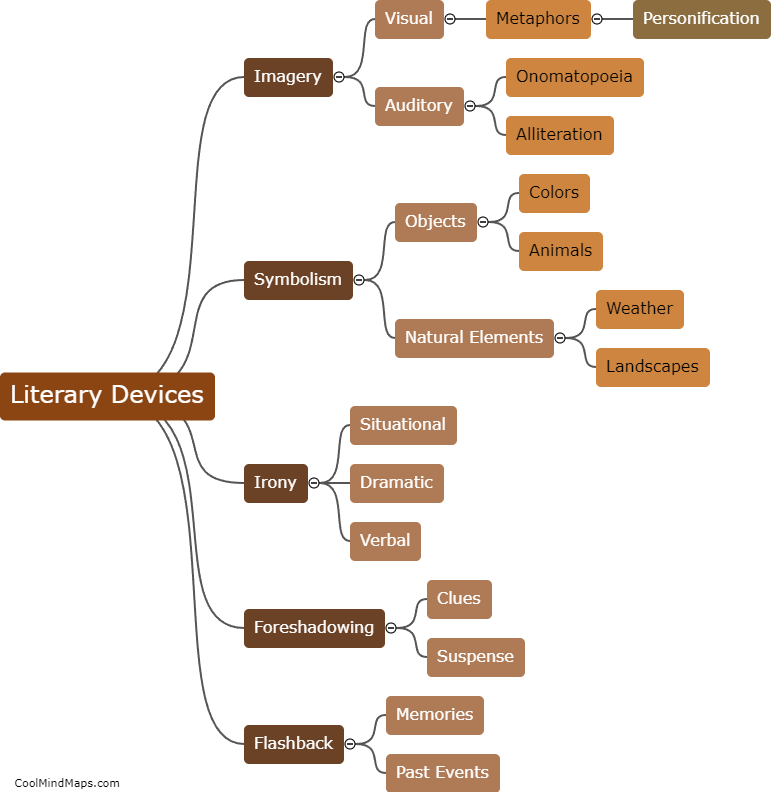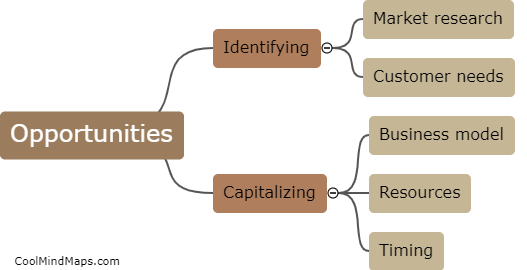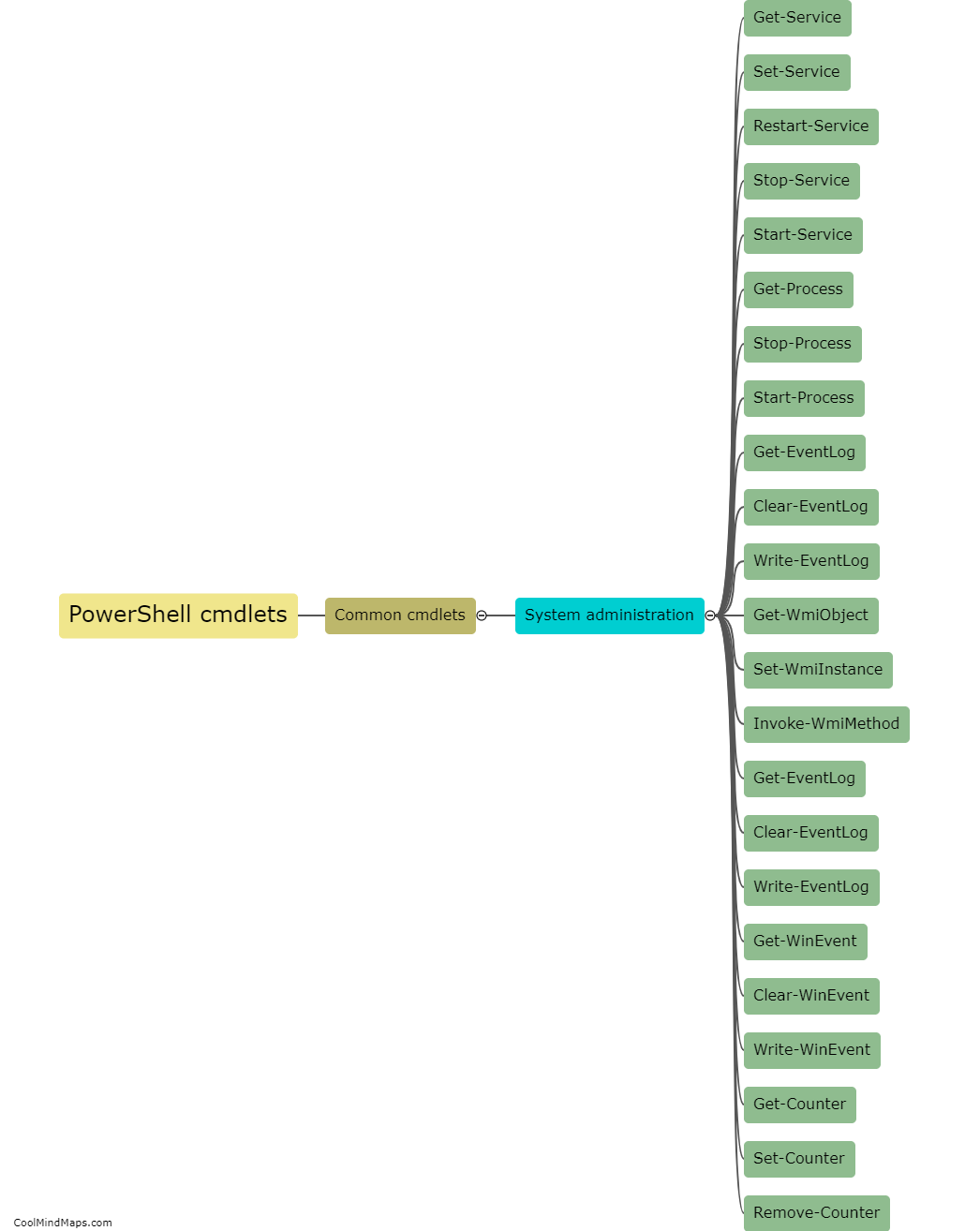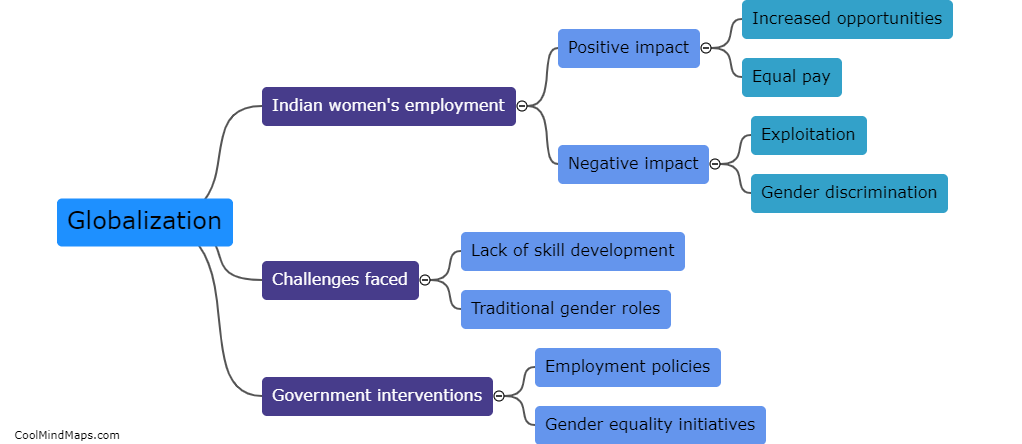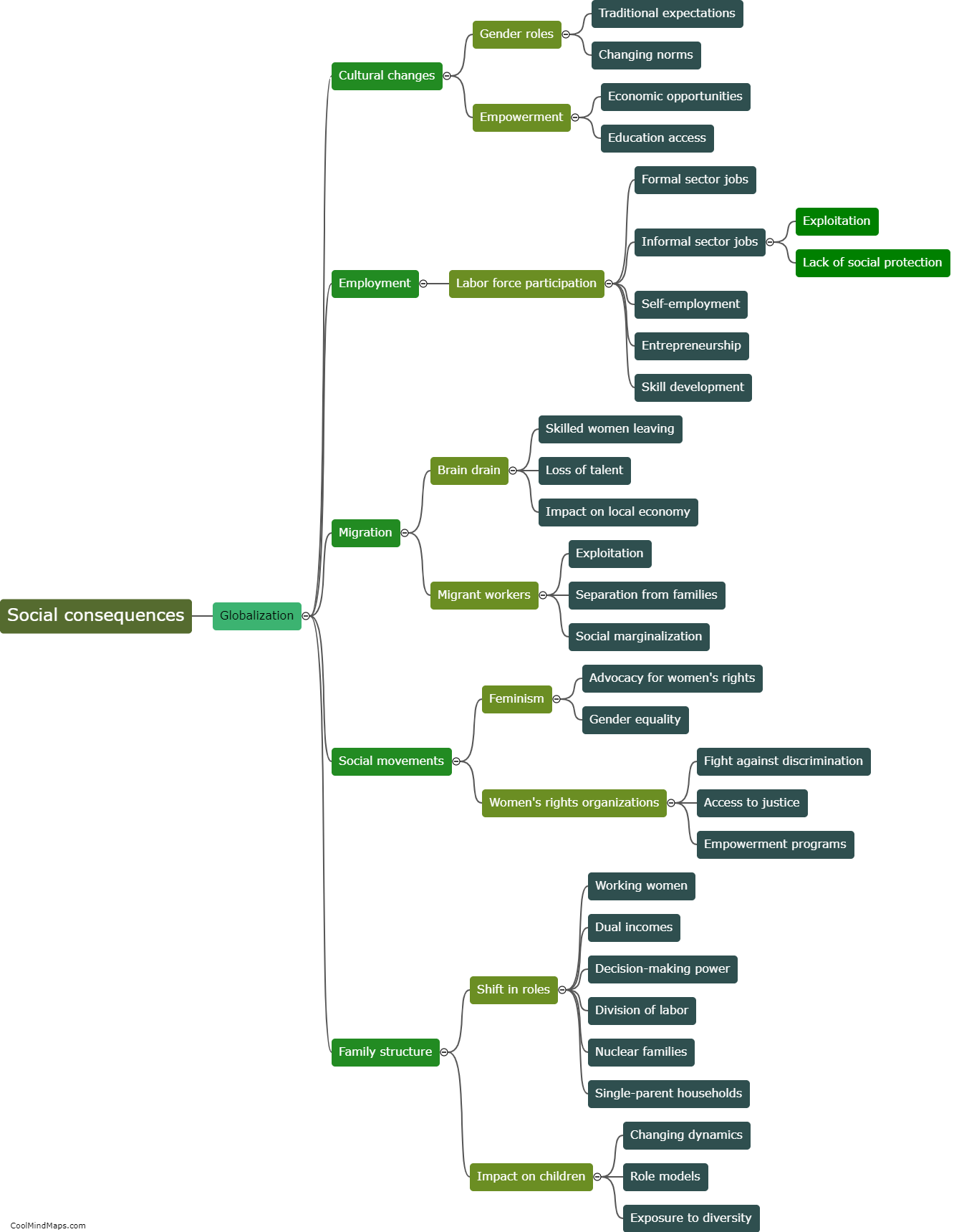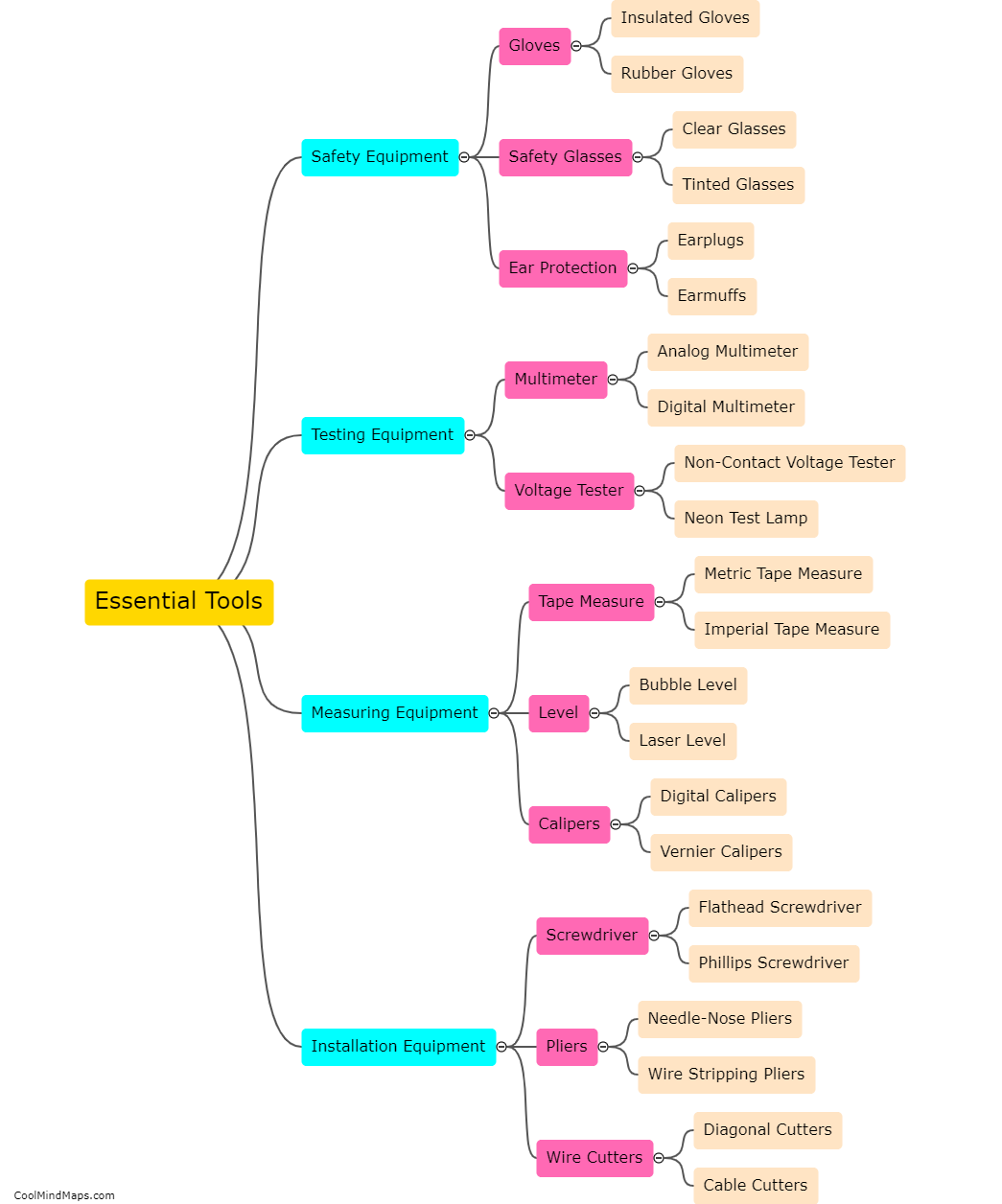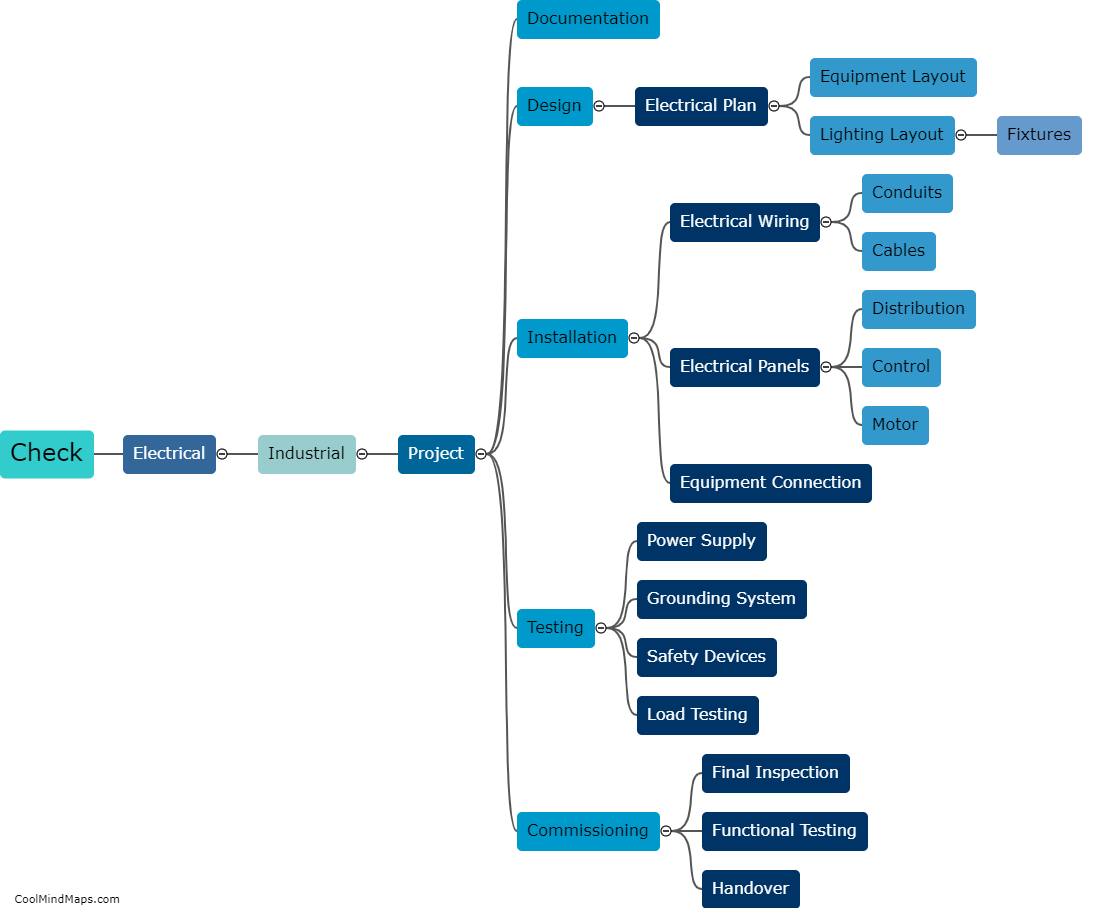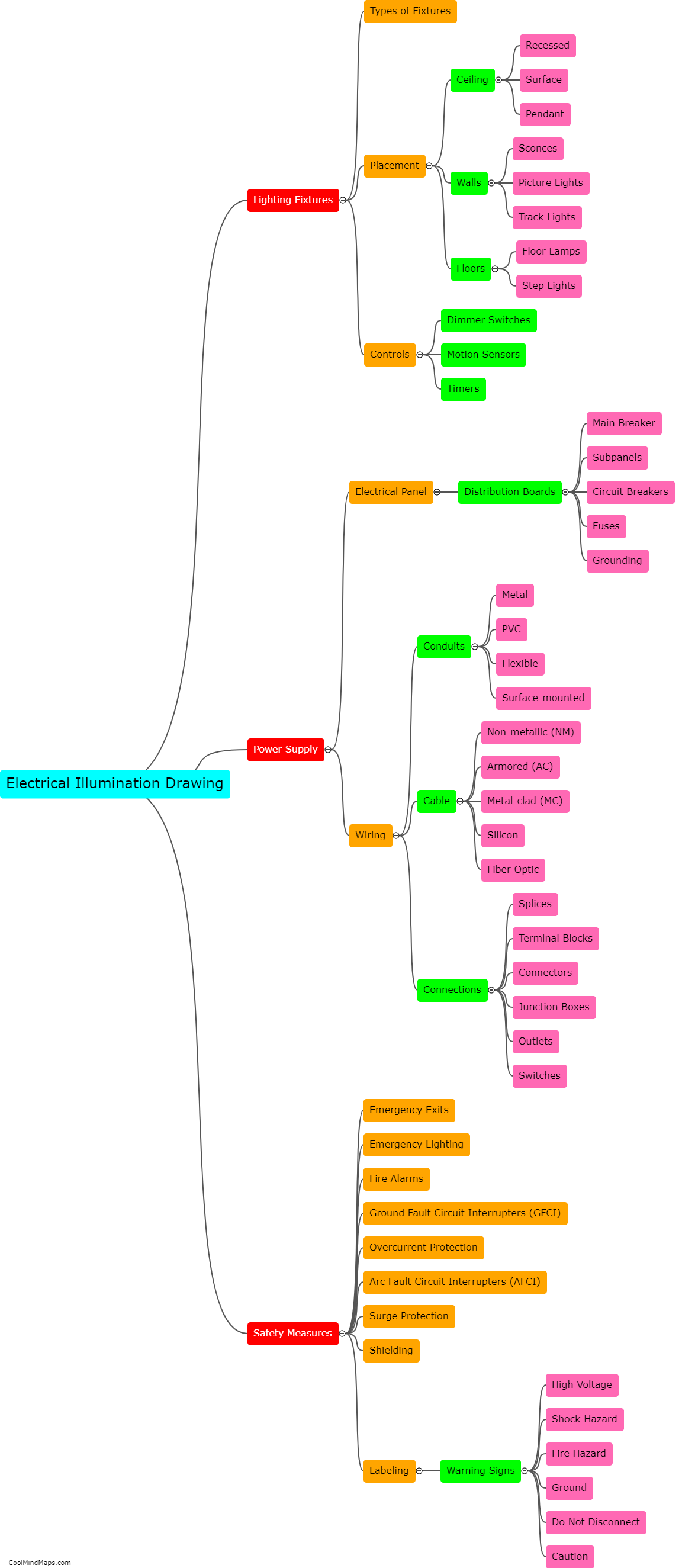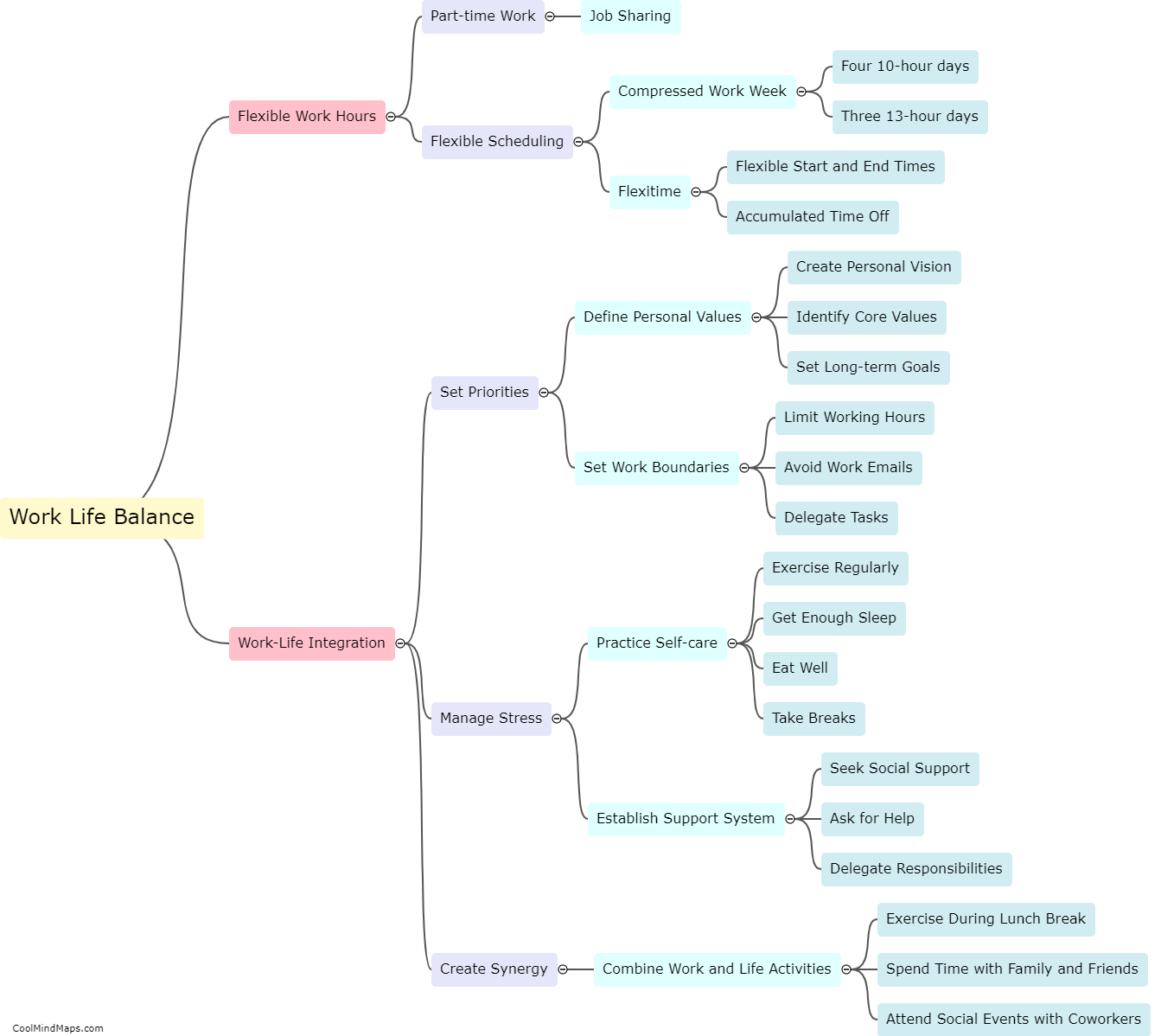What treatments are available for ADHD?
There are various treatments available for Attention-Deficit/Hyperactivity Disorder (ADHD). The most common approach includes a combination of behavioral therapy, medication, and educational support. Behavioral therapy aims to help individuals with ADHD develop essential skills such as organization, time management, and problem-solving. This therapy may involve counseling for the affected individual or family therapy to assist parents in managing their child's behavior. Medication can be prescribed to manage symptoms of ADHD, with stimulant medications like methylphenidate or amphetamines being the most commonly used. Additionally, non-stimulant medications like atomoxetine and guanfacine may be considered. Educational support plays a crucial role in creating a structured learning environment that caters to the child's needs and includes interventions like individualized education programs (IEPs) or accommodations in the classroom. It is important for caregivers and professionals to work together to determine the most effective treatment plan for each person with ADHD.
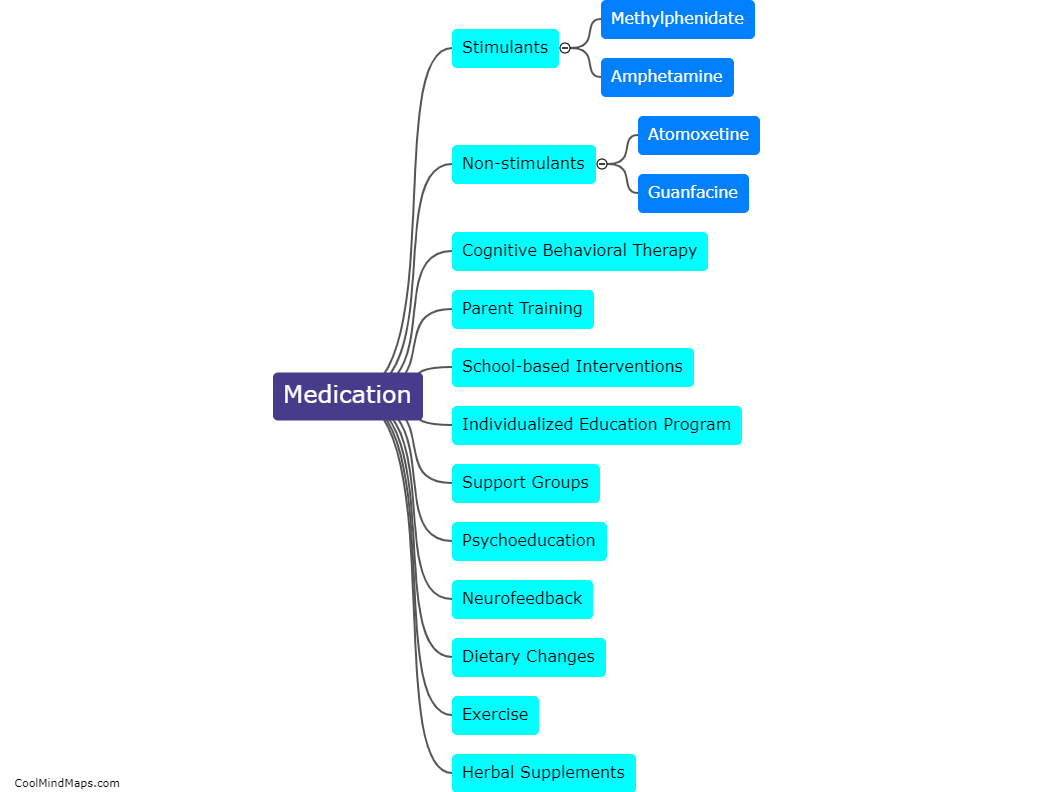
This mind map was published on 31 January 2024 and has been viewed 116 times.
